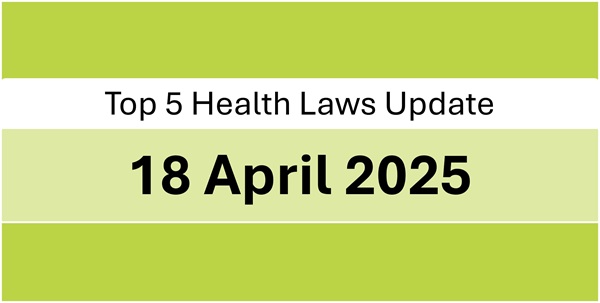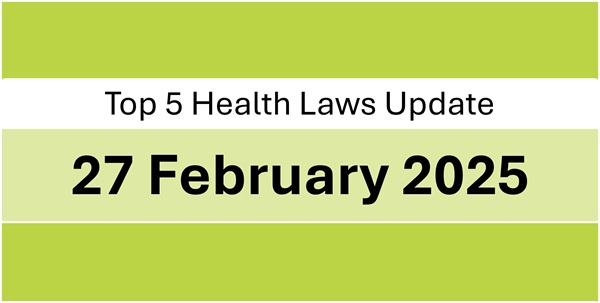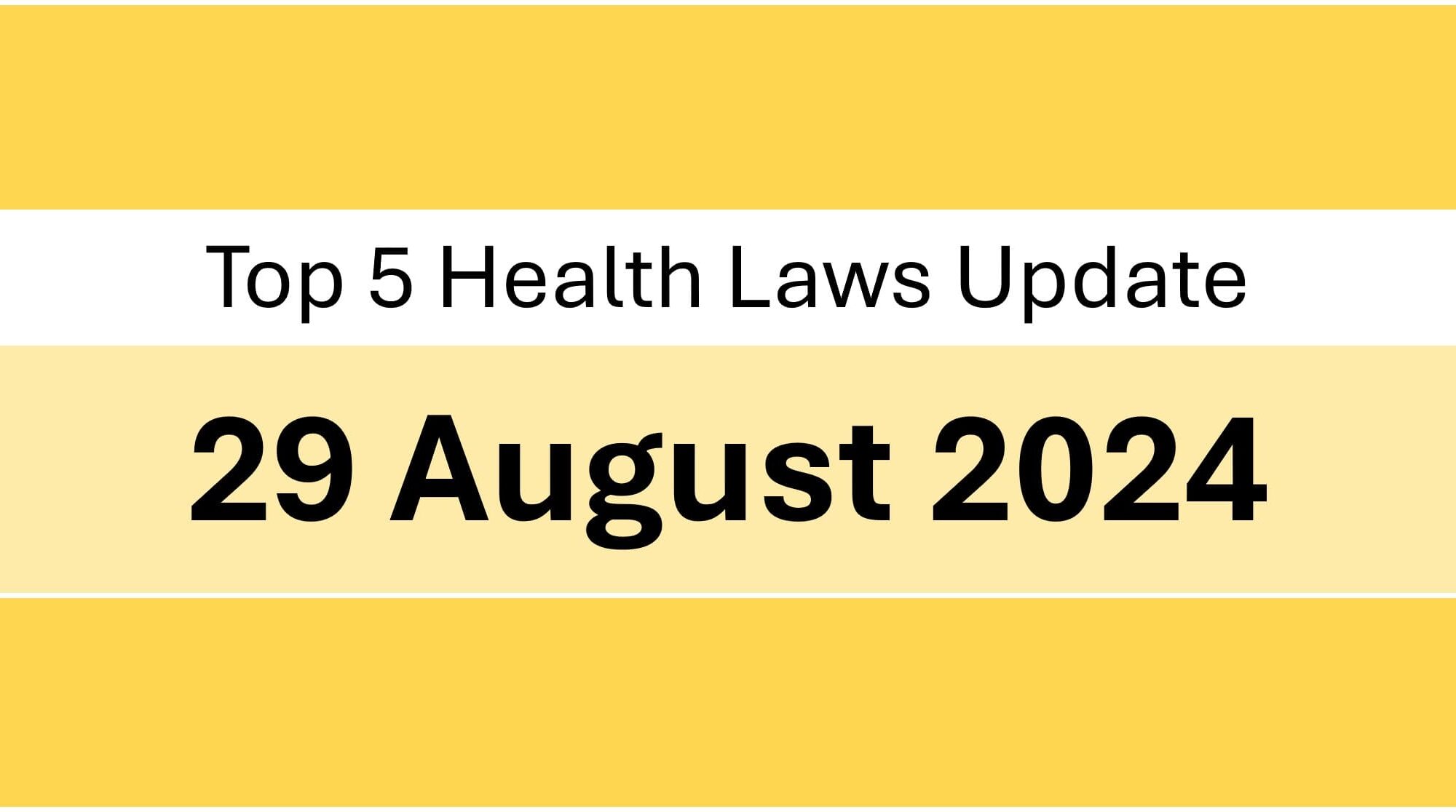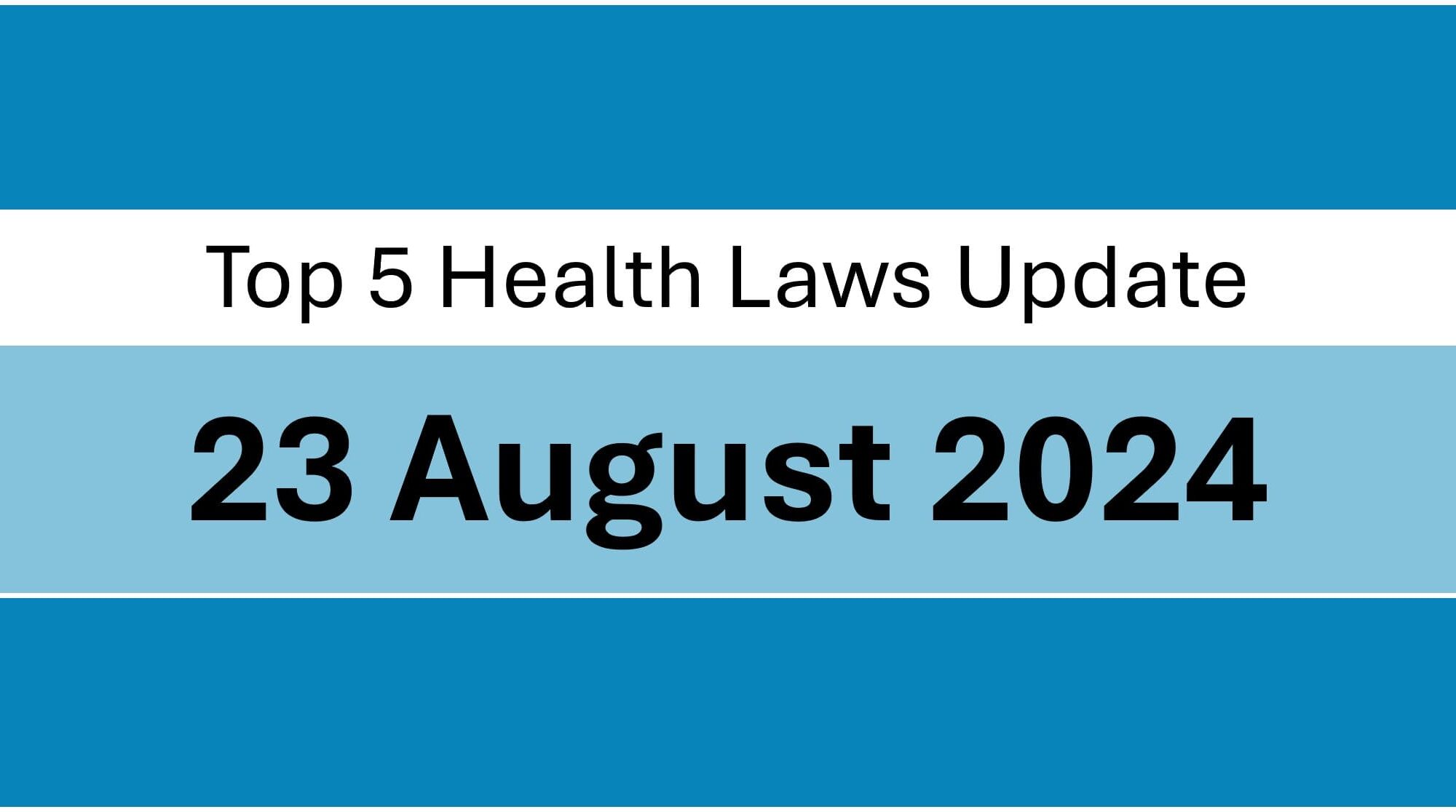Dear Readers, we are happy to share the most interesting legal and policy updates concerning health industry that we read today. we hope you enjoy reading it.
1. The Madras High Court has imposed a ban on the manufacture, sale, transport, and use of 28 types of single-use plastic items across the areas like the Nilgiris, Kodaikanal, and the Agathiyar Biosphere. Banned items include plastic bottles, food wrapping films, thermocol plates and cups, plastic-coated tableware, straws, carry bags, etc.
Source: bit.ly/3RmpHuX
2. Indian food regulator FSSAI, in response to an RTI, has stated that it lacks authority to regulate baby milk products under the Infant Milk Substitutes, Feeding Bottles, and Infant Foods (Regulation of Production, Supply and Distribution) Act, which regulates baby food marketing, placing enforcement responsibility on the Women and Child Development Ministry.
Source: bit.ly/4lDCPts
3. India’s Health Ministry has released a notification restricting the manufacture and sale of a popular anti cold drug until there is a warning on labels stating they should not be used in children below four years. The notification will take effect from the date of its publication in the Official Gazette.
Source: bit.ly/3Y54v08
4. Private hospitals in Nagaland have reportedly suspended admitting patients under Ayushman Bharat, Pradhan Mantri Jan Aarogya Yojana and Chief Minister Health Insurance Scheme from April 17, 2025, due to unpaid dues. The Nagaland Private Doctors Association urged authorities to resolve the issue so services can resume without further delay.
Source: bit.ly/4cAsslY
5. The UK Government has enacted significant reforms to clinical trials regulation. Effective from April 11, 2025, with full implementation by April 2026, the new rules aim to streamline trial approvals, enhance patient safety, enable innovation, and help more people benefit from participating in vital research.
Source: bit.ly/4jDT5ZC





